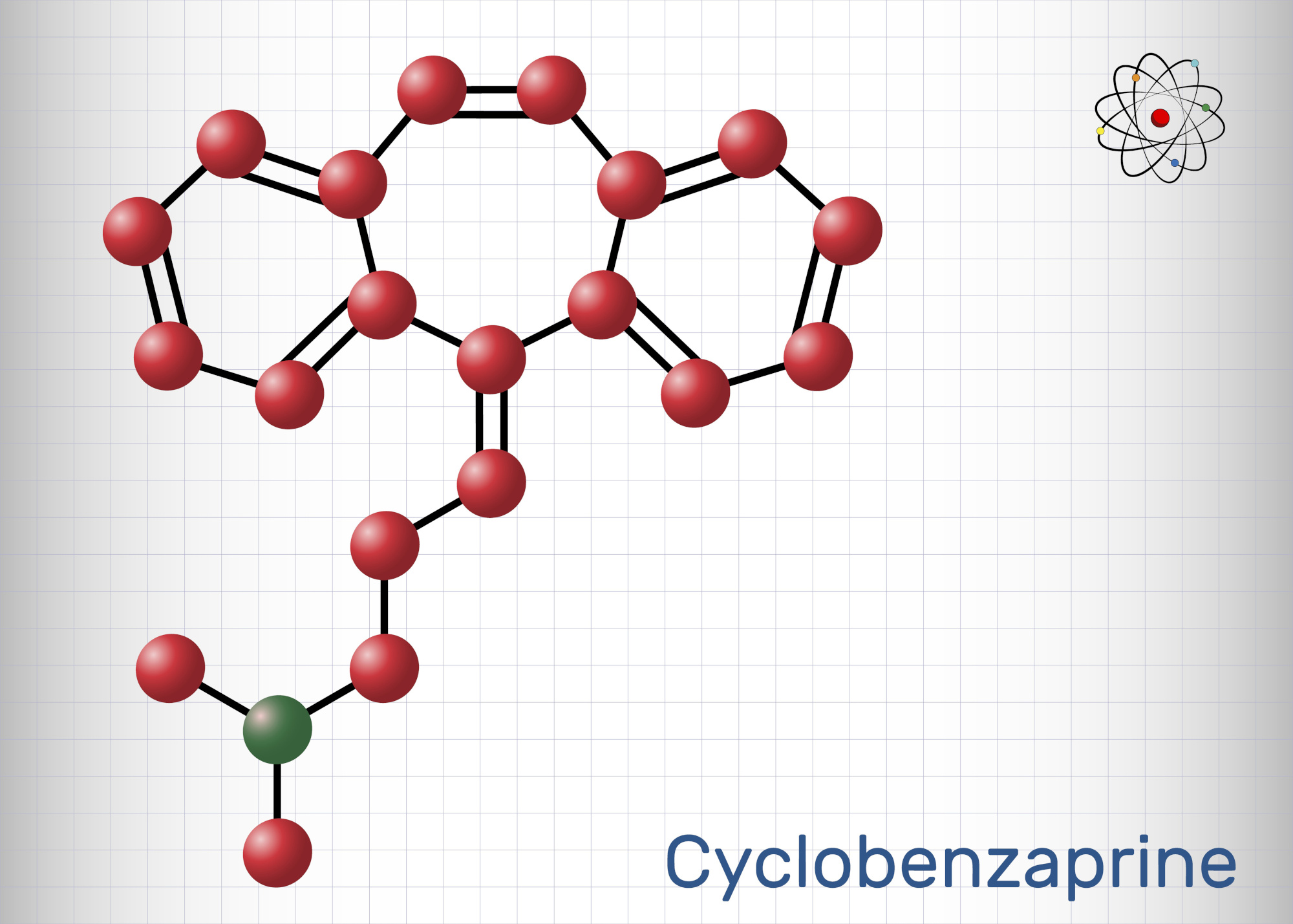Are you using Cyclobenzaprine to manage muscle spasms or pain? Have you started to wonder if you might be developing a dependence on it, or any other prescription pills? It’s important to understand the potential for addiction, especially if you or a loved one relies on this medication.
Understanding Cyclobenzaprine
So, is Cyclobenzaprine addictive? While it has a lower potential for addiction compared to other medications, it can still lead to dependence, especially if misused. Cyclobenzaprine is a muscle relaxant prescribed to relieve muscle spasms and pain associated with acute musculoskeletal conditions. It works by blocking nerve impulses (or pain sensations) sent to the brain, which helps to relax muscles.
How Cyclobenzaprine Works
Cyclobenzaprine works by affecting the central nervous system, specifically the brain and spinal cord, to help reduce muscle spasms. This medication is usually prescribed for short-term use, as prolonged use can increase the risk of dependence and other side effects. Although it is not considered as addictive as opioids or benzodiazepines, misuse of Cyclobenzaprine can still lead to physical and psychological dependence.
Risk Factors for Cyclobenzaprine Addiction
Understanding the risk factors for Cyclobenzaprine addiction can help you recognize potential problems early. Here are some key factors to consider:
Dosage and Frequency of Use
Are you taking Cyclobenzaprine more often or at higher doses than your doctor prescribed? Increasing your dosage or frequency of use can significantly raise the risk of developing dependence. If you feel the need to take more Cyclobenzaprine to achieve the same muscle-relaxing effect, it might be a sign of developing dependence.
Non-Medical Use
Did you start taking Cyclobenzaprine without a prescription, or are you using it recreationally? Using Cyclobenzaprine without medical guidance can quickly lead to misuse and potential dependence.
Personal and Family History
Do you have a history of substance abuse, or does addiction run in your family? Genetic factors can play a significant role in your susceptibility to addiction. Understanding your personal and family history can help you assess your risk.
Co-occurring Mental Health Disorders
Do you have other mental health conditions like anxiety, depression, or PTSD? Individuals with these disorders might misuse Cyclobenzaprine to alleviate their symptoms, increasing the risk of dependence. If you find yourself using Cyclobenzaprine as a way to cope with mental health issues, it’s crucial to seek professional help.
Polydrug Use
Are you using Cyclobenzaprine in combination with other substances, such as alcohol? Mixing Cyclobenzaprine with other substances can enhance its effects and increase the risk of dependence and dangerous side effects.

Signs of Cyclobenzaprine Addiction
Recognizing the signs of Cyclobenzaprine addiction is essential for seeking help. Some common signs include:
Taking More Than Prescribed
If you find yourself taking higher doses of Cyclobenzaprine than prescribed or using it more frequently, it might indicate a developing dependence.
Obsessive Thinking About Cyclobenzaprine
Are you constantly thinking about when you can take Cyclobenzaprine next? If your thoughts are consumed by obtaining and using Cyclobenzaprine, it could be a sign of dependence.
Withdrawal Symptoms
Do you experience withdrawal symptoms when you stop taking Cyclobenzaprine? Symptoms like anxiety, insomnia, irritability, and physical discomfort can indicate dependence.
Neglecting Responsibilities or Engaging in Risky Behaviors
Are you neglecting work, school, or family responsibilities due to Cyclobenzaprine use? Engaging in risky behaviors, such as driving under the influence or obtaining Cyclobenzaprine illegally, are signs of a serious problem.
Seeking Help for Cyclobenzaprine Dependence in Southern California
If you or a loved one is struggling with Cyclobenzaprine dependence, know that help is available. Southern California Recovery Centers (SCRC) offers comprehensive treatment programs tailored to individual needs.
Personalized Treatment Plans
SCRC understands that addiction is unique to each person. Our personalized treatment plans are designed to address the specific needs of each client, providing the best chance for successful recovery. Whether you need detoxification, therapy, or long-term support, SCRC is here to help.
If you think you or someone close to you is suffering from Cyclobenzaprine dependence, reach out today. Our dedicated admissions team is available 24/7 to answer any questions and guide you through the first steps of recovery. Don’t face addiction alone—help is just a call or click away.
Sources:
American Addiction Centers. (2022). Suitable Treatment for Cyclobenzaprine (Flexeril) Abuse
American Addiction Centers: Recovery. (2022). Flexeril Addiction: Signs, Symptoms, Effects, and Treatment.
Southern California Recovery Centers
Southern California’s Premier Outpatient Addiction Recovery Center



